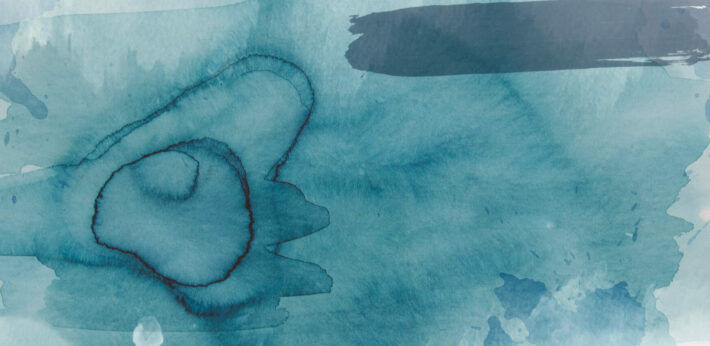Bridging the Disconnect in Ocean Governance: Seminar Series for the IMO’s Maritime Week

Bird’s eye view of the Strait of Singapore. Photo: Senia Febrica

The seminar series for the 2020 IMO’s Maritime Week were organised by the Embassy of the Republic Indonesia in London and the One Ocean Hub from September 21st-23rd, 2020. The seminar series explored the connections between a variety of key issues at the interface of shipping and sustainable development. It highlighted how the sustainability of maritime transport is crucial for the achievement of the 2030 Agenda and the Sustainable Development Goals, as well as the Paris Agreement on climate change, and the Convention on Biological Diversity.
The IMO’s Maritime Week seminar series were opened by Professor Elisa Morgera, Director of the One Ocean Hub. Elisa’s opening remarks highlighted the interconnection between ocean systems and lifeforms, environmental challenges, and different sectors of use, and the need to find new approach to address challenges facing maritime transport that mirror the connectivity of the ocean.
The IMO’s Maritime Week seminar series were structured under three themes. The first seminar on “Mainstreaming Sustainability Principles” provided multi-stakeholders insights on the importance of mainstreaming sustainability principles and climate action criteria into all economic activities and sectors including maritime transport. On the first day Mr Suyono, a representative of the Indonesian National Shipowners Association, offered industry perspective on mainstreaming sustainable principles in shipping. Dr. Capt. Antoni Arif Priadi, the Director for Sea Traffic, Indonesian Ministry of Transportation, provided an explanation on the Indonesian government programme to minimise environmental impact of shipping. Professor Elisa Morgera presentation brought to our attention corporate environmental accountability and the human rights of indigenous peoples and local communities. Dr Kira Erwin drew our attention to the contestation between shipping interests and local fishing communities in Durban, South Africa, and the pressing need to take into account different stakeholders’ interests, culture, heritage, and spiritual ways in ocean governance.
The second day seminar on “Ocean and Climate Change” brought to our attention the problem posed by climate change, an issue at the core of the interface between shipping activity and sustainable development. It provided an explanation of the effects of climate change on the ocean, coastlines, and coastal communities that have been disproportionately impacted by increasing carbon dioxide (CO2) and other greenhouse gas emissions from human activities. Professor Pierre-Jean Bordahandy, Chair of the School of Law Postgraduate & Research Committee, University of South Pacific, Vanuatu, delivered a comprehensive explanation on the negotiations to reduce greenhouse gas emissions from shipping under the IMO. Professor Kofi Nyarko from the University of Cape Coast Ghana, and Dr Hendra Siry from the Indonesian Ministry of Marine and Fishery stressed the impacts of climate change on the ocean, coastlines, and coastal communities.
The third seminar on “Marine Pollution” provided an overview of the problem posed by marine pollution, shared best practices to improve pollution prevention measures, and elaborated the role of law and governance in technology and innovation to deal with marine pollution. Professor Narayanaswamy, deep-sea ecologist & micro-plastic researcher at the Scottish Association for Marine Science, explained about the distribution and abundance of micro-plastics in the world’s oceans. Mr Basilio Araujo from the Indonesian Coordinating Minister for Maritime Affairs and Investment elaborated the cooperative mechanism between the littoral states and users of the Straits of Malacca to improve pollution prevention measures in this area, and the impacts of oil spills to local communities in Indonesia that are relying on tourism and seaweed farming for their livelihood. Mr Loukas Kantogiannis from the IMO’s Marine Environment Division’s presentation focused on the implementation of Marine Pollution (MARPOL) Convention Annex V that deals with garbage from ships – such as all plastics, cargo residues, and fishing gear – and the collaboration between IMO and other stakeholders such as FAO and fishing vessel to support this.
The seminar series was ended by closing remarks delivered by the Indonesian Charge d’Affaires in London, Mr. Adam Mulawarman Tugio. In his remarks Mr Tugio underscored the importance of improving connectivity between various stakeholders and sectors to overcome challenges in achieving sustainable shipping. To illustrate his point Mr Tugio in his closing remarks stated how marine litter is not only harmful to the environment but could also posed danger to shipping.
All the Maritime Week webinar recordings are available to view on the One Ocean Hub’s YouTube channel.